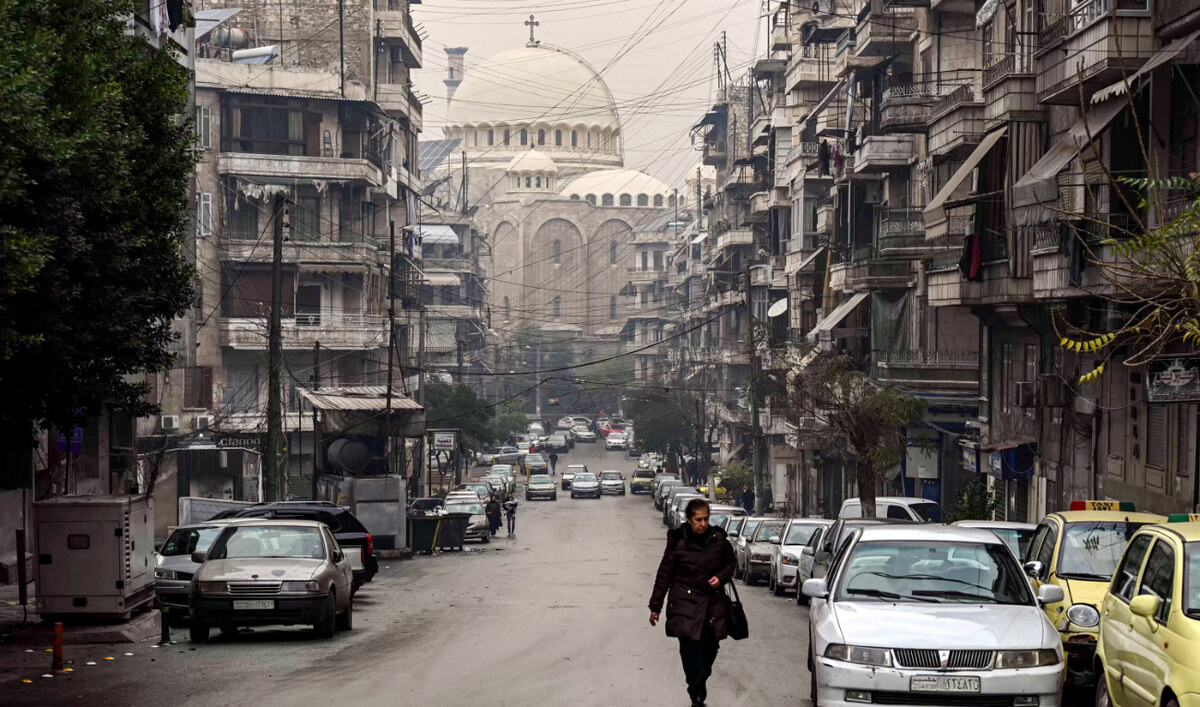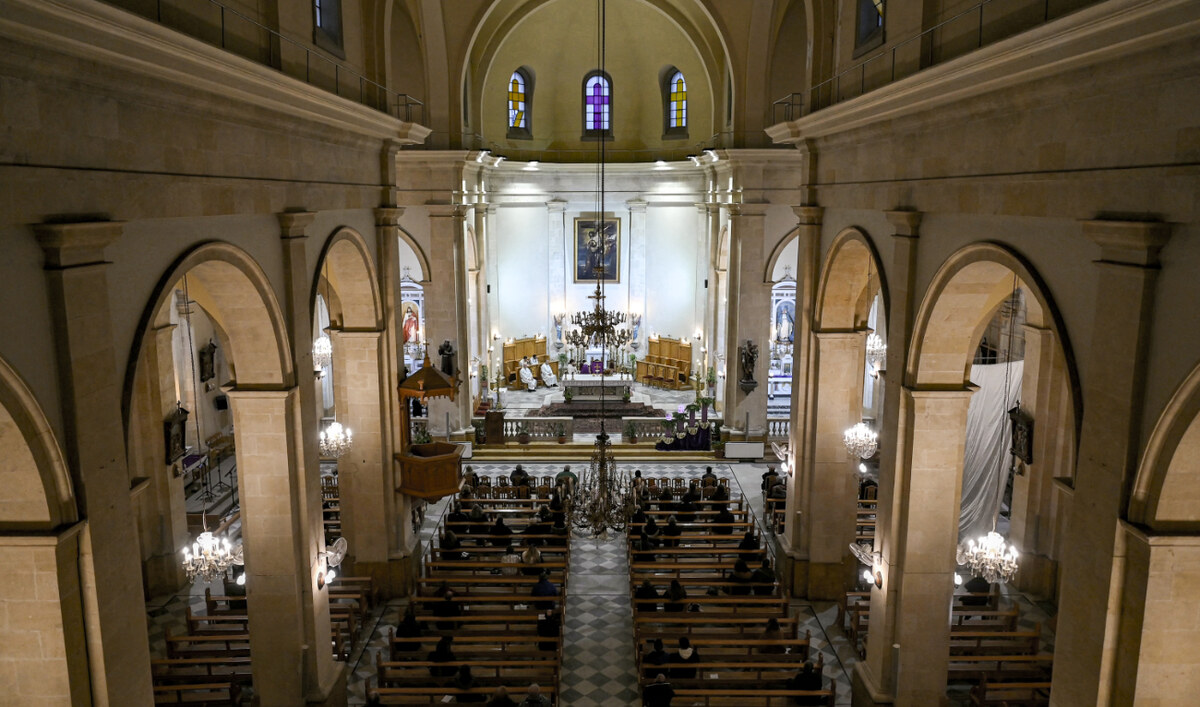LONDON: Arab leaders have joined the head of the UN in calling for global action on security, poverty, development and climate change.
Their appeals came ahead of the UN’s Summit of the Future, which will take place on Sept. 22 and 23, during the organization’s 79th General Assembly in New York.
Billed as an attempt to revive trust in multilateralism and bolster support for the UN’s Sustainable Development Goals, the event will result in a “Pact for the Future,” negotiated and agreed upon by member states. It will also produce a “Global Digital Compact” and a “Declaration on Future Generations.”
The UN said: “The world is not on track to meet the goals we have already set for ourselves. Nor are we effectively rising to new challenges or opportunities.
“Multilateral governance, designed in simpler, slower times, is not adequate to today’s complex, interconnected, rapidly changing world. The summit is an opportunity to put ourselves on a better path.”
The pact agreed during the summit will cover key aspects of the UN’s remit, including sustainable development, international security, science and innovation, and youth issues.
The organization hosted a “Global Call” on Thursday to promote the summit and outline its aims for the summit, at which Antonio Guterres, the UN’s secretary-general, was backed by Arab leaders including Egyptian President Abdel Fattah El-Sisi and newly reelected Algerian leader Abdelmadjid Tebboune, who delivered their messages of support in video statements.
Other leaders from Muslim-majority countries who took part in the appeal included Pakistani Prime Minister Shehbaz Sharif and Turkish President Recep Tayyip Erdogan. The Global Call was hosted by German Chancellor Olaf Scholz and Namibian President Nangolo Mbumba.
Guterres said: “Member states are now in the final stages of negotiating the three agreements to be adopted at the Summit of the Future: the Pact for the Future, the Global Digital Compact and the Declaration on Future Generations.
“My appeal is for you to push hard for the deepest reforms and most meaningful actions possible. We need maximum ambition during these final days of negotiation.”
He listed major global challenges he said are “moving much faster than our ability to solve them” and added: “Ferocious conflicts are inflicting terrible suffering. Deep geopolitical divides are creating dangerous tensions, multiplied by nuclear threats.
“Inequality and injustice corrode trust and fuel populism and extremism. Discrimination, misogyny and racism are taking on new forms.
“Poverty and hunger are at crisis levels as the Sustainable Development Goals are slipping out of reach. And we have no effective global response to new, and even existential, threats.”
Addressing recurring criticism of his organization’s relevance and influence in the modern world, the UN chief described the Security Council as being “stuck in a time warp.”
Highlighting the challenges facing the international financial system, he said: “Our institutions cannot keep up because they were designed for another era and another world.”
However, the UN is still in a unique position to address global issues by offering a platform for change through the summit, Guterres added.
He listed a series of requirements for the revival of multilateralism, including conflict prevention and mediation, financial reforms, increased lending capacity among development banks, and management of the risks posed by new technologies.
“As we reach the end of negotiations on the three texts, I appeal to all governments to make sure they are as ambitious as possible, to restore the hope and trust we need in order to address the dramatic challenges of our time,” he said.
“The Summit of the Future is an opportunity for far-reaching agreements on international collaboration for a safer, more sustainable and more equitable world. Let’s seize it.”
The appeal by Guterres was echoed by Tebboune, the Algerian president, who warned that the world is “going though a very sensitive, critical juncture.”
Egyptian leader El-Sisi highlighted the current tensions in the Middle East as he called for the summit to address three main priorities.
Member states must establish a system “based on the principles and rules of international law,” “reform the structure of the global financial system” and “enhance efforts toward the eradication of poverty and hunger,” he said.
Sharif, the Pakistani prime minister, drew attention to the “plight of the people in Gaza.”
He said: “Today, in times of unprecedented global challenges and escalating conflicts, we are at risk of permanently damaging the notion of ‘we.’ A collective ‘we’ requires a degree of equality and justice.
“The plight of the people of Gaza is a mockery of this ‘we.’ This ‘we’ becomes marred amid rising debt burdens for the poor, increasing poverty, growing inequality, intolerance, terrorist violence, illegal foreign occupation and a skewed approach to climate adaptation.”
Erdogan, who recently called on the leaders of Muslim-majority countries to gather for a summit on Gaza, described the UN event as a “rare window of opportunity.”
He added: “It is only a matter of days until the Summit of the Future, which aims to fortify international solidarity in the face of threats to the future of humanity, and facilitate the establishment of a peaceful, secure and equitable system.
“In the midst of the conflicts, oppression, hunger and poverty that are ravaging our world, I perceive the summit as a rare window of opportunity.”



































